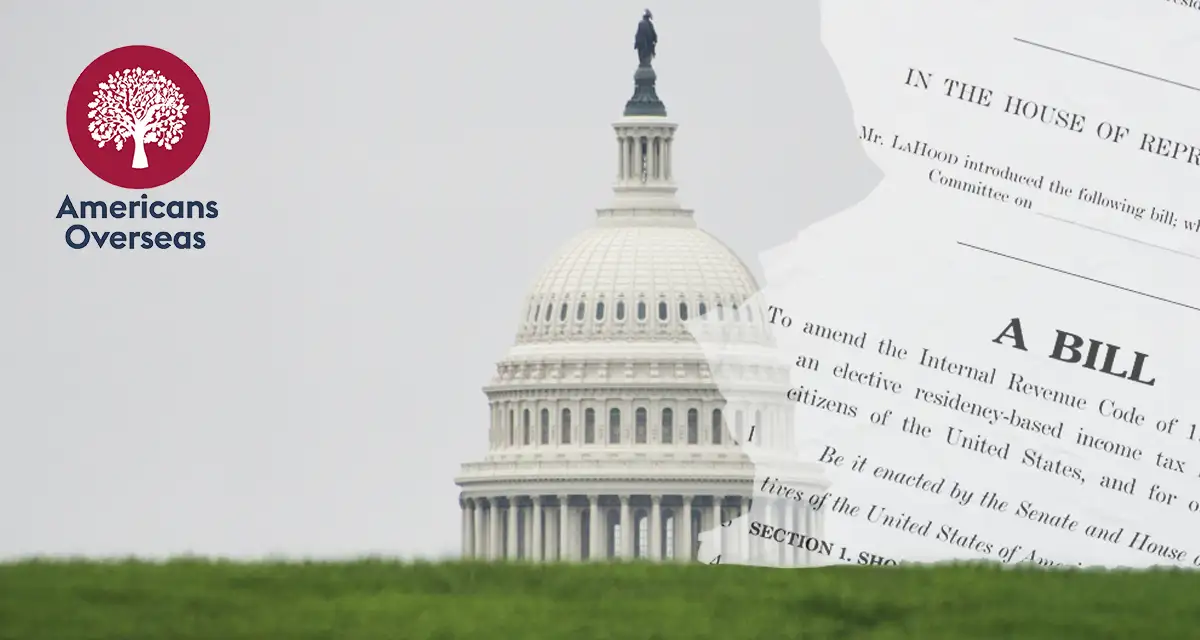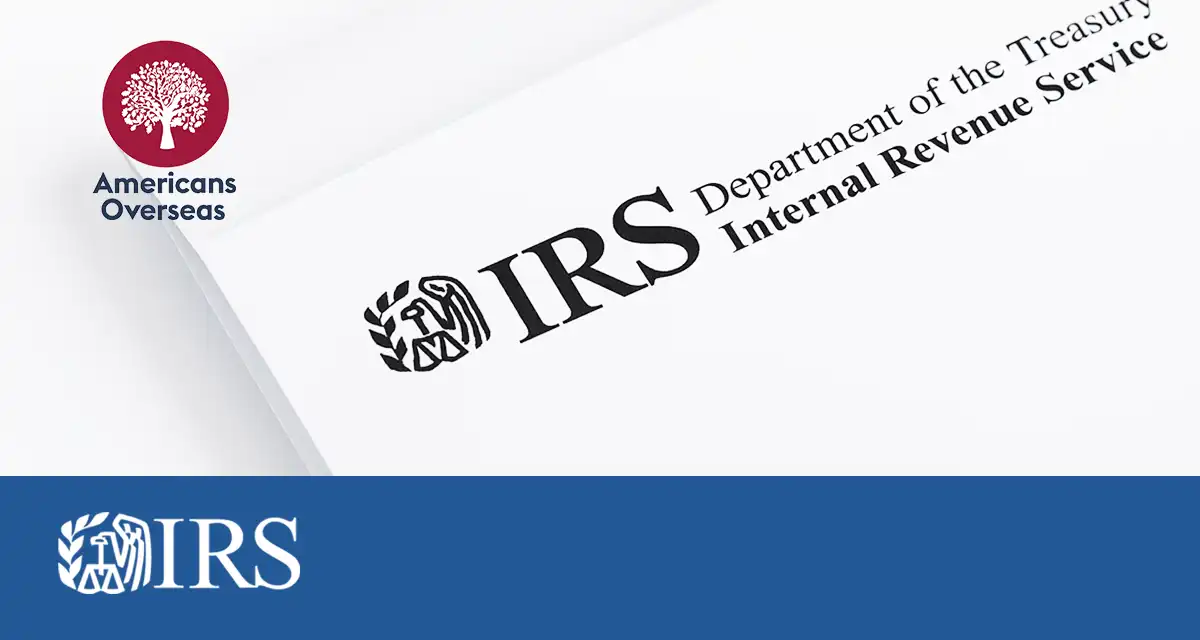
EU debates Accidental Americans, so close yet so far

On the fourth of July, there was a debate in the EU on US citizen-based taxation, FATCA, and the consequences for US persons in Europe.
Americans Overseas was invited to Strasbourg for the preparation of the debate to explain the problems arising for US persons in Europe. Americans Overseas brought letters of banks refusing service as well as many statements of Accidental Americans and their challenges to become compliant.
The debate was sparked by several organizations which include Americans Overseas and hundreds of people who had petitioned the EU directly to act on the horrendous consequences of the US laws in Europe.
EU debates Accidental Americans: Problems caused by FATCA
The debate started with an overview by EU Member of Parliament Cecilia Wikström of the problems caused by FATCA. The US law has forced financial institutions in Europe to hand over data on clients that are US persons.
The US has put such pressure on banks that some are starting to refuse people with US ties altogether to avoid the hassle. The EU petitioners questioned the legality of the information exchange under the new GDPR rules. Also, it is a fundamental right for any EU citizen to be able to obtain a bank account. The debate also questioned whether these rights were breached.
The US has a system of Citizen Based Taxation which means US persons have to file taxes in the US even if they have never lived there. They could have simply been born there and moved away or been born from a US parent. This group faces several challenges from being compliant with US tax laws to figuring out in some cases how to still have a bank account. The form of taxation and its consequences were highlighted before the commission.
EU-Commission states: Legal basis for the exchange of information
The representative of the EU Council Karoline Edtstadler and EU Commission Member Věra Jourová responded. Jourová stated that individual countries had come to an intergovernmental agreement (IGA) on FATCA with the US and that the EU was never asked to make agreements on behalf of all European countries. Therefore, there wasn’t much that could be done.
Furthermore, the legality did not seem an issue when viewed in light of the GDPR (General Data Protection Regulation).
Edtstadler stated that it is not the role of the EU to examine or question US tax policies such as Residence Based Taxation. Edtstadler also indicated to see a legal basis for the exchange of information.
EU debates Accidental Americans
The Members of the European Parliament, on behalf of several countries, held a fiery debate to counter the commission. They reiterated the problems individuals with US ties are experiencing on a day-to-day basis. Bank accounts are being closed, mortgages refused, and businesses are having trouble operating.
A comparison to Eritrea was also made by Sophie in ‘t Veld. That country has a similar way of taxing citizens wherever they live. In the case of Eritrea, the EU was very firm in reacting, so why not now? MEP member Seán Kelly stated that if this was the other way around and the EU tried to tax citizens living in the US Trump would show the EU the door.
Investigation to see if EU banks are refusing American clients
EU Commission Member Věra Jourová ended the debate by acknowledging that there are problems. However, EU Council representative Karoline Edtstadler again reiterated that it’s not the role of the EU to intervene. An investigation would be started to see if banks are indeed refusing clients which they’re not allowed to.
Americans Overseas followed the debate closely and is in touch with EU Member Sophie in ‘t Veld constantly. Although the commission so far does not seem inclined to intervene the positive outtake is that these problems are increasingly reaching the political limelight. The group of Accidental Americans has breached the next barrier by grabbing the attention of the EU Commission.
Americans Overseas remains in close contact with national and EU representatives to keep on pursuing the task of informing all involved (political) parties of the challenges faced by Accidental Americans in the hopes of change.
Video EU debates Accidental Americans
The full-length 37-minute video of the debate can be seen here. We have made a shorter version of 5,5 minutes that can be viewed below with the highlights:
Americans Overseas helps Accidental Americans in Europe with US tax requirements
Americans Overseas informs local and European parliaments about the effects and problems European citizens have with these (recently) enforced laws.
We started this initiative to help people from all over the world by providing proper information to avoid unnecessary panic, and offering help free of obligation and free of charge. If needed, we have a network of affordable professionals (accountants) who can help you with your tax obligations.
If you have more questions about the consequences of FATCA and CBT on European-American citizens and EU debates Accidental Americans you can contact us at Americans Overseas.
Frequently asked questions
Understanding the US tax system, the obligations, and all the additional terms can be difficult. Especially if one lives outside of America. Is your question not answered? Contact us.
-
Who is required to file taxes in the US?
U.S. citizens and resident aliens who live abroad are generally required to file a federal income tax return and pay taxes on their worldwide income.
Read more... about Who is required to file taxes in the US? -
Do US citizens living abroad still have to file taxes in the US?
Yes, US citizens are required to file taxes on their worldwide income, regardless of where they are living.
Read more... about Do US citizens living abroad still have to file taxes in the US? -
How can I cash my US check?
Received an American check? You can cash your check in the following ways: cash the check at your own bank, transfer to another person (endorsement), cash checks using an online service or cash the check by another bank.
Read more... about How can I cash my US check? -
Are there any special tax forms required for US citizens living abroad?
US citizens living abroad may be required to file Form 2555 and/or Form 1116 to claim the foreign-earned income exclusion.
Read more... about Are there any special tax forms required for US citizens living abroad? -
What is FBAR filing?
FBAR (Foreign Bank Account Report) filing is the requirement for certain U.S. individuals and entities to report their foreign financial accounts to the Financial Crimes Enforcement Network (FinCEN) of the U.S. Department of Treasury. The FBAR filing requirement applies to U.S. persons who have a financial interest in, or signature authority over, one or more foreign financial accounts if the aggregate value of those accounts exceeds $10,000 at any time during the calendar year.
Read more... about What is FBAR filing?





